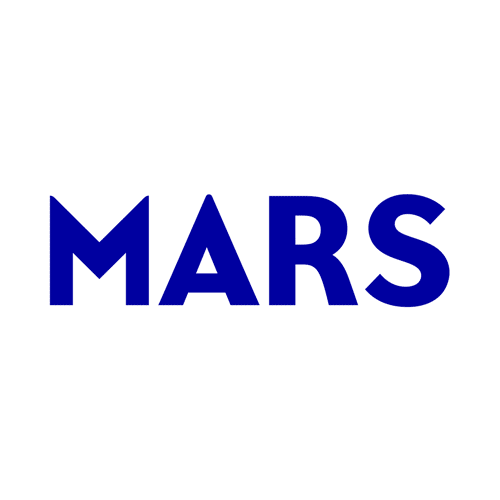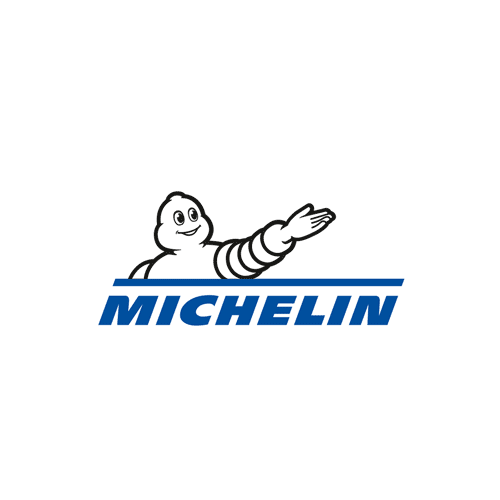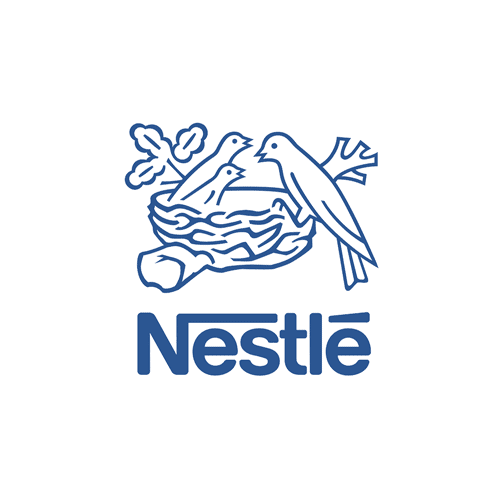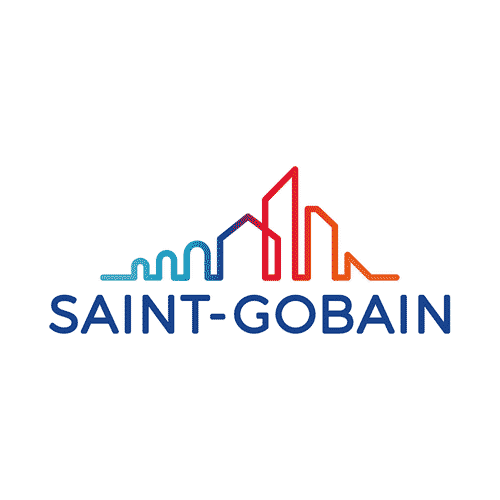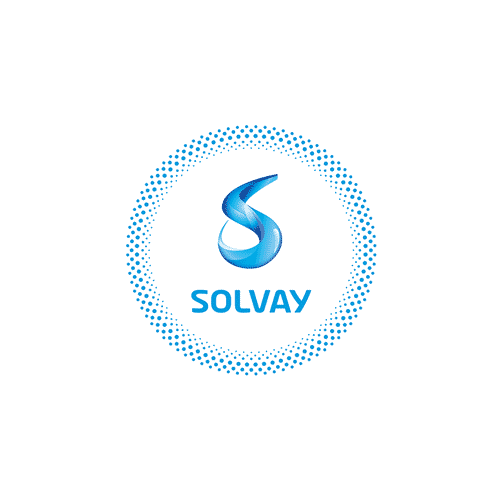
Business models

Find the best business model for your business
For more than 30 years, our specialized team has been supporting companies in defining or redefining their business models in order to determine the levers of value creation best suited to their activities and build a solid business plan.
Key success factors for a business model
Technological advances and societal challenges are driving changes in behavior, leading to the emergence of new practices and forcing companies to reinvent themselves and transform their business models.
In this dynamic environment, there are several key success factors to consider when defining or rethinking a business model:
The changes brought about by digitization have dramatically altered business models. The integration of digital technologies such as artificial intelligence, the exploitation of large quantities of data and cloud computing are having a direct impact on the way businesses operate, develop and create value.
For example, better data analysis capabilities can improve the customer experience by better understanding their needs and delivering a personalized experience. Digitalization can enable certain tasks to be automated, thereby increasing operational efficiency.
These new business models can be illustrated by the emergence of Software as a Service (SaaS) models, enabling companies to grow faster and reach a wider customer base through a subscription model.
How can you identify the risks to your business associated with new technologies? How can you adapt your business model to technological developments in your market?
The emergence of socio-environmental concerns among consumers has become inescapable, leading to changes in business models. In response, many companies are rethinking their traditional business models to incorporate sustainable practices.
This can mean gradually integrating CSR into their strategies, communicating transparently on their overall performance, and reporting to their stakeholders.
In this context, new economic models have emerged, such as the circular economy, the collaborative economy and the social economy, based on sharing, services and sustainable solutions.
How can we create more sustainable business models? How can you develop your business model to respond to societal concerns?
Evolving business models reflect changes in society and technology. This requires companies to be agile and adaptable in order to respond to changes in consumer behavior. Among the most notable changes in behavior is teleworking, which has led to the adoption of virtual communication platforms and collaborative tools. Digitalization has led to a growing need for data storage, accentuating the challenges of data confidentiality and security. In response to this need, and by way of example, blockchain technology offers a secure and transparent model for managing data through decentralized storage, transforming certain business models and value chains.
What changes are coming that could have an impact on business models? How can we take account of the ‘voice of the customer’ when developing our business model?
How we support you in defining your business model
Alcimed’s approach is to challenge and evolve our clients’ existing business models by analyzing new value chains, or to identify and evaluate the most suitable models for new value propositions (new products, new services, moving from a product to a service, etc.) in order to capture the full value of their offer and position them in a relevant way on the market.
We use different tools such as the Business Model Canvas or Odyssey 3.14 , and all our experience in exploring innovative business models!
Examples of recent business models carried out for our clients
You have a project?
To go further
Founded in 1993, Alcimed is an innovation and new business consulting firm, specializing in innovation driven sectors: life sciences (healthcare, biotech, agrifood), energy, environment, mobility, chemicals, materials, cosmetics, aeronautics, space and defence.
Our purpose? Helping both private and public decision-makers explore and develop their uncharted territories: new technologies, new offers, new geographies, possible futures, and new ways to innovate.
Located across eight offices around the world (France, Europe, Singapore and the United States), our team is made up of 220 highly-qualified, multicultural and passionate explorers, with a blended science/technology and business culture.
Our dream? To build a team of 1,000 explorers, to design tomorrow’s world hand in hand with our clients.
The business model is a key element in any project to set up a new company, and describes the strategy that a company will implement to generate revenues and make a profit. Inserted in the company’s business plan, the business model precisely defines the means that will be used to create value. The Business Model Canvas, a well-known tool for conceptualizing business models, integrates 9 building blocks that transcribe a company’s business model: key activities, value propositions, customers, partners, customer relationships, distribution channels, company resources, cost structure and revenue streams.
The most common types of business model are :
- Freemium: this is a hybrid model between Free and Premium, offering a basic service free of charge to everyone and offering optional extra benefits for a certain price. Examples: Spotify, DuoLingo, etc.
- On-demand models: which respond to a spontaneous need for a service or product on the part of consumers, such as Uber, Grab, Hotel tonight, etc.
- Subscription: this is a revenue model that involves regular pricing for access to a product or service. These include services such as Netflix, BirchBox, Adobe, etc.
- Peer-to-peer: these are models that bring two buyers and sellers together to carry out a transaction. Typical examples are : Airbnb, Vinted, eBay, Etsy, LeBonCoin, etc.
- Advertising models: providers of free services to consumers generate money by offering them advertising and/or collecting their data. Many online media and social networks operate on this model: Facebook, TikTok, Instagram, Pinterest, etc.





